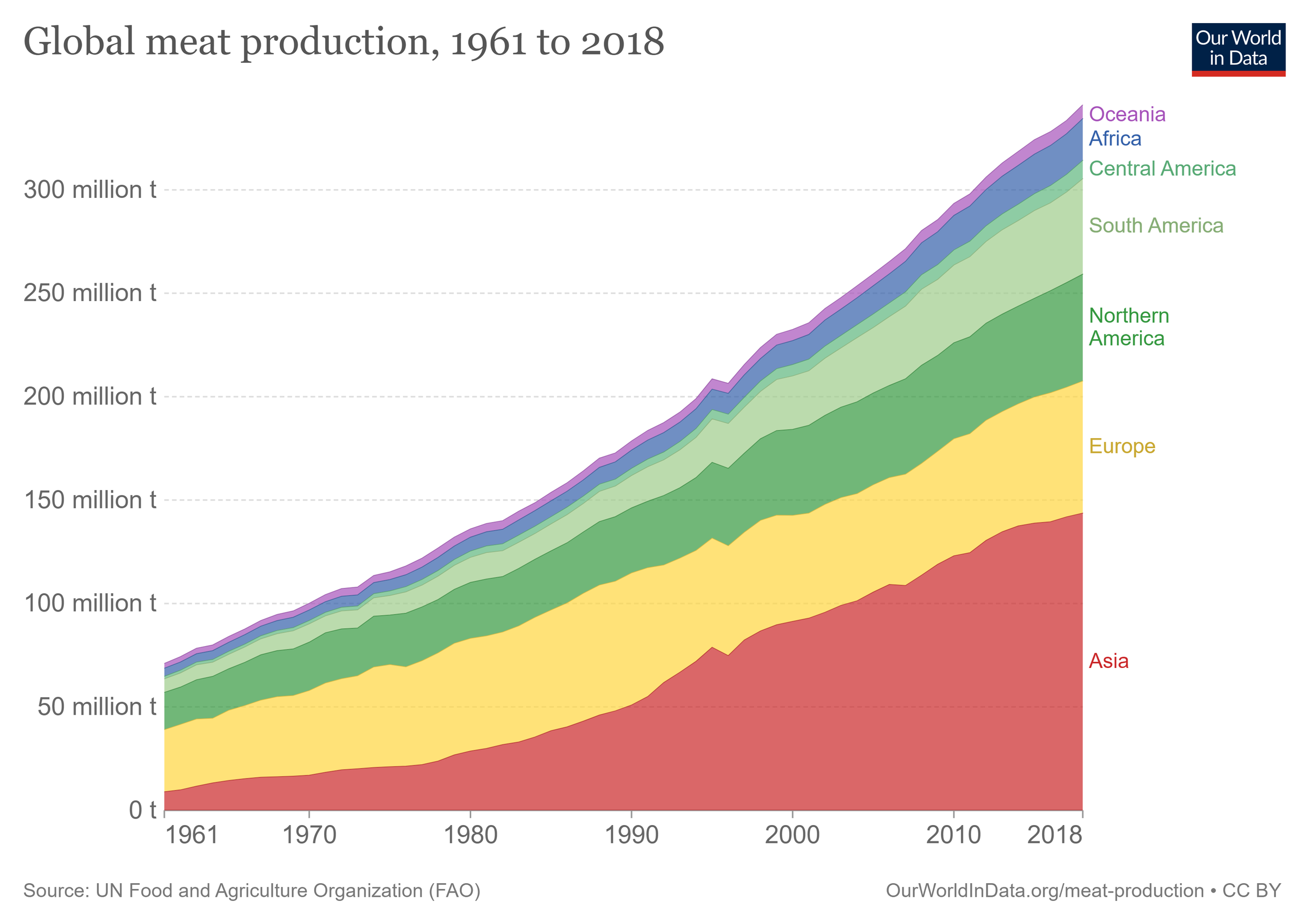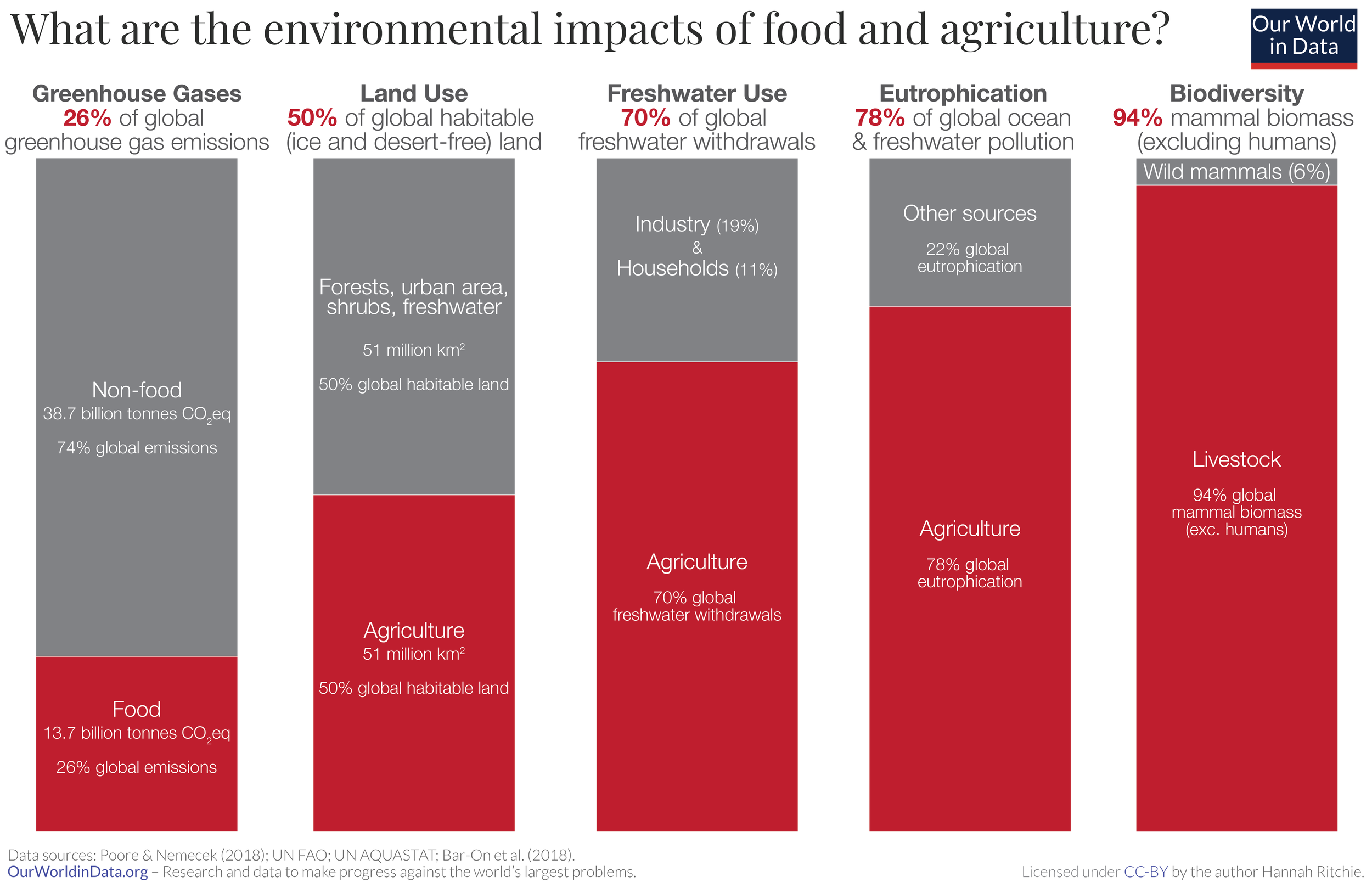
The Other EV: Eat Vegan
At IrishEVs, we want to cover the full gamut of climate action to help Irish citizens live a more sustainable life.
Whether that’s swapping your diesel vehicle to an EV to cut the nation’s rampant CO2 emissions, swapping your car for a bicycle, or installing renewable energy, we want to help you fight the common myths and understand how simple changes in lifestyle can add up to a big difference as a nation.
For a growing number of people, January is the time when they are most likely to try a plant-based diet – even for a short amount of time. Today, we look at the benefits of Veganuary, and how switching to a plant-based diet can make a huge impact on the Climate Crisis – while also saving you money and helping you to be more healthy.
Vegan Myths
We love myth-busting, and we’re certain that many of our readers will have heard some detrimental fables about plant-based diets. So let’s begin by setting the record straight:
Vegan diets aren’t healthy” – A common, but false, myth. Plant-based diets are excellent for your digestive system, lower rates of obesity, reduce risk of colorectal and prostate cancer, lower heart disease risk and can help you to lose weight
“Vegans need supplements” – While vegans cut our diary and meat, there are plenty of plant-based foods and plant-milks which offer the same vitamins, minerals and nutrients. Switching from a typical Western diet to a vegan one will typically see you consume higher levels of fibre and antioxidants, it’s all about balance
“Vegans cannot get enough protein” – This is one of the biggest and most pervasive myths about veganism. Protein is still abundant in a vegan diet, with lentils, chickpeas, beans, spelt, oats, wild rice, nuts and tofu offering plenty of protein. In fact, many athletes have switched to a vegan diet in order to maintain high protein intake without the high fat levels associated with a carnivorous diet
“Dairy is essential for strong bones” – Again, not true. It is calcium which is essential for bone health, but this can be maintained through calcium-rich vegan foods including soy-based products, beans, lentils, peas, flax, chia and some nuts. Many plant-milks are also fortified to provide added nutritional and vitamin benefits
“Veganism is a new fad” – Veganism has likely existed as long as humans have, and has been central to many cultures the world over. In fact, it is important to recognise the long history of black veganism, which is often closely tied to racial equality activism
While these might not cover the full gamut of myths about veganism, we’re almost certain that these cover the common misconceptions about switching to a plant-based diet – and likely any other myths you’ve heard have been debunked too.
Meat And The Climate
So now we’ve tackled the common myths, let’s get to the issue: why is meat consumption so fundamentally linked to the Climate Crisis?
Firstly it is important to understand that we are consuming more meat and dairy than ever before.
In 2018, the world produced more than three times the quantity of meat compared to 50 years ago, while diary production doubled over the same timeline.
However, wealthier nations disproportionately account for greater consumption, with the average person in the US consuming over 100kg of meat per year, while in developing nations such as India the average person consumes just 5kg.
Global consumption of meat has trebled since the 1960s, while diary consumption has doubled over the same period. Credit: Our World In Data
The global average meat consumption per person in 2014 was 43kg. The average Irish person consumed 78kg that year – almost double the global average.
This growing demand for meat and dairy has led to more than half of the world’s habitable land being used for agriculture, with more than three-quarters of this used for livestock production, according to Our World In Data.
“Grassland on drained organic soils and degraded bogs in Ireland emit a combined 10 million tonnes of CO2 each year - around the same as the energy sector”
This has led to increased deforestation around the world in order to meet our ever-growing demand for meat, further reducing our capacity to capture CO2 from the atmosphere while dramatically increasing the amount of methane produced by livestock.
Methane is an incredibly potent greenhouse gas, which does 86 times more damage than carbon dioxide, according to the IPCC.
While deforestation for livestock may conjure images of large swathes of the Amazon rainforest being destroyed – and it should – we can see the impact of our addiction to meat much closer to home, with the destruction of wetlands, bogs and the little forest we have left.
The high volume of greenhouse gases emissions created by meat is clear to see when compared to a plant-based diet, especially in land clearance. Credit: Our World In Data
According to Teagasc, around two-thirds of all Irish agricultural greenhouse gas emissions are methane.
Meanwhile, the power of the Irish meat industry has led to further deforestation and the destruction of bogs – which are vital carbon sinks, locking carbon away for thousands of years. Grassland on drained organic soils and degraded bogs in Ireland emit a combined 10 million tonnes of CO2 each year – around the same amount as the energy sector in Ireland.
University College Cork Researcher and Lecturer, Hannah Daly, recently commented on the adverse impact of Ireland’s meat and dairy industry in the Irish Times: “Agriculture has been set less ambitious emission targets than other sectors. The latest food industry strategy adopted by the Government – Food Vision 2030 – has targeted a cut in emissions of 18 per cent by 2030, but much greater ambition will be needed. Otherwise, emissions from the rest of society would have to fall by 70 per cent to meet the overall national target, a virtually impossible task in eight years.”
In short, our meat-based diets have trapped us in a vicious cycle of ever-increasing greenhouse gas emissions, while continually depleting our planet’s capacity to capture these emissions. As such, a 2020 study from Oxford University has reasoned that food system emissions alone will nearly consume the world’s remaining carbon budget.
The Climate Benefits Of Plant-Based Diets
It is absolutely clear that meat-based diets have a major impact on the climate, so how can a plant-based diet change this?
Firstly, if the world adopted plant-based diets we would be able to reduce global agricultural land use by 75% from 4 billion hectares to around 1 billion – this would mean more land could be rewilded, used for planting forests, restoring wetlands and encouraging biodiversity.
Furthermore, as much as 100 billion tons of CO2 could be removed from the atmosphere by the end of the century if plant-based diets are combined with rewilding farmland, according to a 2021 study by Leiden University.
This would also allow us to be more efficient in the ways we farm, and help us to address famine around the world – while our current agriculture systems are predicated on meat production, livestock only provide 18% of the world’s calories and 37% of the world’s total protein.
This is horribly inefficient, and promotes the concerns of wealthy nations first. As such, going vegan is not only an essential form of climate action, but also an important form of climate justice.
How To Get Started
Getting started on a vegan diet can seem daunting for some – but really it is as simple as removing meat and dairy from your diet.
There are plenty of websites, such as The Happy Pear, Emilie Eats, Jessica In The Kitchen and Deliciously Ella which can help you get started.
You can either try new recipes from the likes of these websites, or just make your usual favourite meals but substitute the meat and dairy for something else that you enjoy. It isn’t about missing out on what you love at all.
Livestock accounts for 94% of global mammal biomass - we have obliterated biodiversity to feed our ever-growing hunger for meat. Credit: Our World In Data
And lots of your favourite foods now have vegan alternatives. We can highly recommend the Naked Without The Cluck No Chicken Kievs from Dunnes, Linda McCartney’s vegan sausages, and Denny’s Meat Free vegan sausages.
Furthermore, anyone who has spent time on social media this month will likely also have seen almost every major fast food brand promoting their plant-based products to the hilt. While fast food is a long way from climate-friendly (especially the use of drive-thrus), if this is your gateway to veganism, give it a try.
Veganism can still be indulgent and delicious.
And remember that you don’t have to be a ‘hardcore’ vegan from the off – for example, if you accidentally drank non-vegan wine (many wines use animal products during the fining process), that isn’t the end of the world. Don’t let little things like this put you off your vegan diet, it’s a learning process after all – and this is the fault of poor labelling, not you.
Just keep your eyes peeled for the vegan-friendly logo and you’re on the right path.
Look for logos like these when shopping as quick and easy signs that you are buying entirely plant-based products
Give It A Try
This doesn’t mean you can’t eat meat or dairy ever again, but to show that our current levels of consumption far exceed what is healthy for our planet – and that they are not sustainable in the long term.
Even having meat once a month can make a considerable impact on fighting the Climate Crisis, but with more and more vegan options available – and genuinely impressive meat-substitutes which taste the same but offer greater health benefits – you may soon find your palette changing.
The health and climate benefits of a vegan diet are clear. Give it a try – if only for the rest of January.
What To Read Next
Why Your Carbon Footprint Matters
While the concept of a personal carbon footprint is the creation of Big Oil, we highlight why it still matters in the face of the Climate Crisis
Ecocide: Making Environmental Destruction A Crime
New legal definitions could have major implications for holding corporations and governments criminally accountable for offences against the environment







